Is polyurethane floor seal non-toxic?
In North America, polyurethane varnish is used almost exclusively as a wood floor finish, but the majority of them are high in VOC's which are detrimental to interior air quality and health. For this reason non-toxic wood floor finishing oils are gaining in popularity. There are a lot of benefits to oiled floors, especially with softwood which are prone to damage - it's very easy to touch up an oiled floor, especially when compared to a varnished one.
Environmental impacts and indoor air quality (IAQ)
Whatever floor finish you choose, different products will have different impacts on your home air quality and the planet. Like paints, floor finishes will contain varying levels of VOCs (volatile organic compounds), or if you're a really shrewd shopper, none at all - see here for an article on zero VOC paint and the difference to low VOC paints.
While the smell may be gone in days or weeks, the effects won't be. It will take years before VOCs in any surface finishes stop polluting your air, which can cause or aggravate a multitude of health problems. And the production and disposal of these chemicals have a similar effect on the health of our planet.
Water based vs oil based polyurethane varnish:
Water based:
- There is an option of gloss or satin
- It dries quicker than oil based
- It isn't flammable or explosive
- It usually contains less than half the VOCs of oil based products (though this is still bad).
- In the past they were not nearly as durable, but product improvements have made that difference negligible.
- Cleanup of applicators involves only soap and water
Expect around 200 grams of VOCs per can of water based polyurethane; compare that with a low VOC paint which will have about 50 grams, or Zero VOC paint which will have... wait for it...zero! (excluding perhaps a low level in the coloring if separately tinted.)
Oil based floor finishes & varnish are high in VOC's:
If there is a 'pro' to oil based varnishes, it is that they can bring out a bit more colour from woods, and leave your floor a bit warmer looking in colour. As mentioned above, oil has a reputation as being far more durable than water based. But since that isn't the case anymore, any additional durability hardly seems worth the added health, safety and environmental risks.
Downsides include longer drying times and about 450 grams of VOCs per can. Cleanup is less than pleasant and requires solvents, leading to more chemical production and disposal. And oil based varnish only comes in a glossy finish.
Natural oils (linseed or tung oil)
Natural oil finishes come from renewable resources, like flax seeds and tung tree nuts. Floor oils are not generally as durable as polyurethane finishes, but are much more natural looking as they age, and they are much easier to repair. Lacking the hardened coating of polyurethane, these floors can be less resistant to water and more prone to denting.
Whatever finish you choose, it is pretty much a given that a softwood floor will get damaged unless you rope it off and only look at it. Scuff marks and dents on an oiled floor are arguably not nearly as offensive as those on varnish, so I'd still score a point here for oil.
Most commercial brands contain and release far less VOCs than varnishes, so for both environmental and health reasons, finishing wooden floors with natural floor oils is the winner - especially if the products are specifically formulated from natural oils and pigments for treating and staining floors. Aside from that, it could be argued that additional benefits include aesthetics and maintenance.

Rather than stripping your home of all furnishings then stripping the floor and re-applying a finish, you can do a quick sanding of damaged or high traffic areas, rub on a bit more oil and be done with it. As for aesthetics, in this writer's opinion there is no comparison. An oiled floor looks and feels so much more natural.
Both consumer demand and government regulations have led to a heavy drop in the amount of VOCs found in both paints and floor finishes. So ask a lot of questions when you shop, and let us know if you find a great new product.
Now you know more about green home flooring options, learn more about sustainainable building materials in the pages below and in the Ecohome Green Building Guide.
Find more about green home construction and reap the benefits of a free Ecohome Network Membership here. |
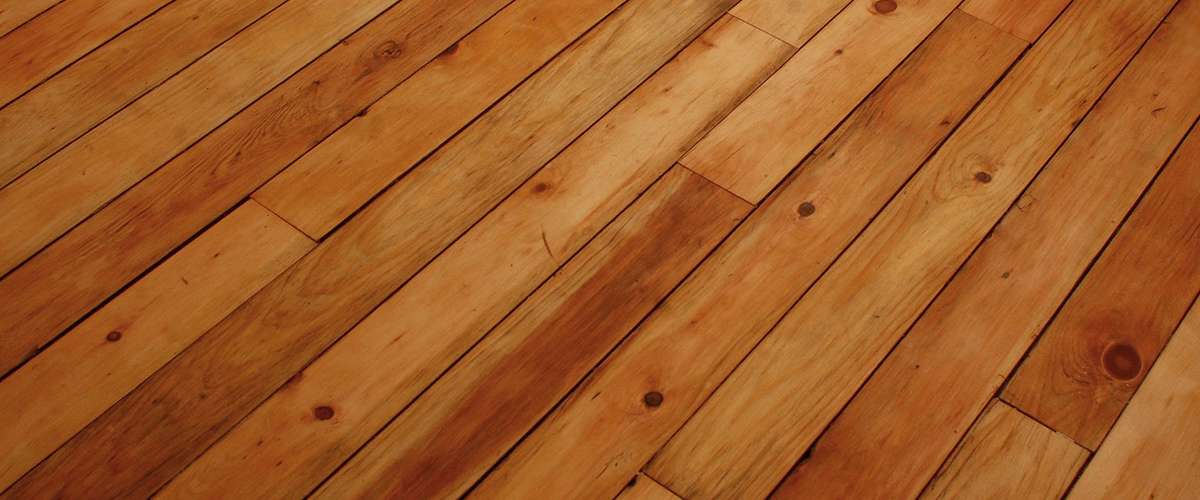















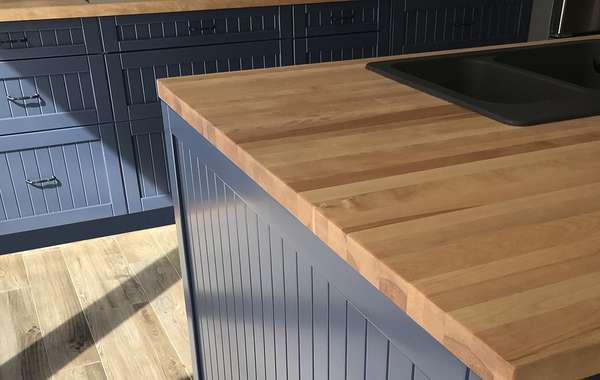
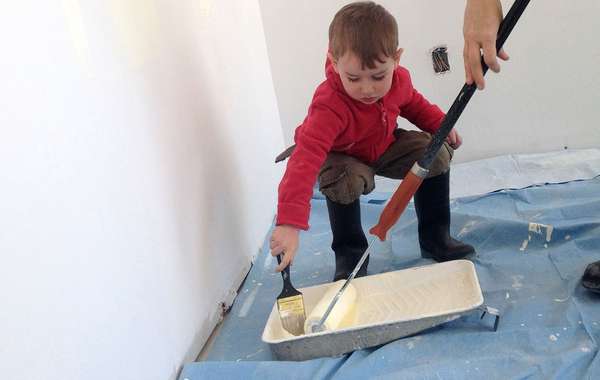
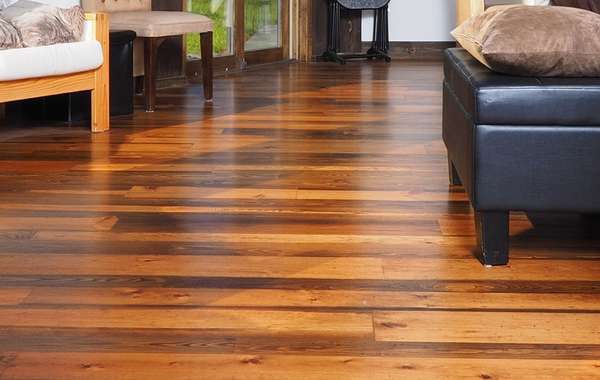
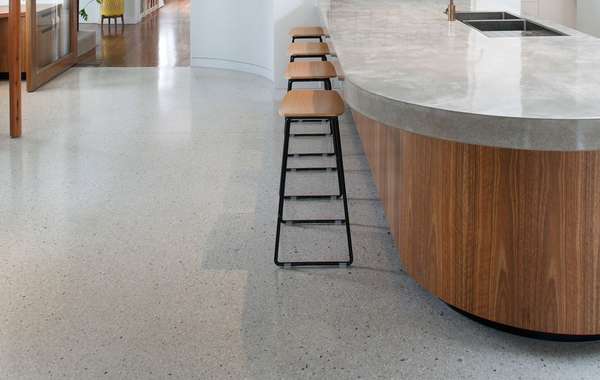
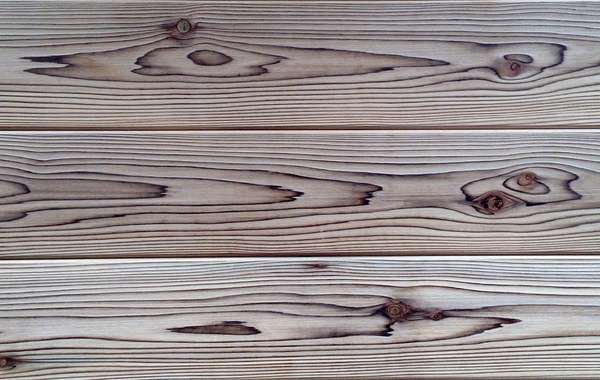
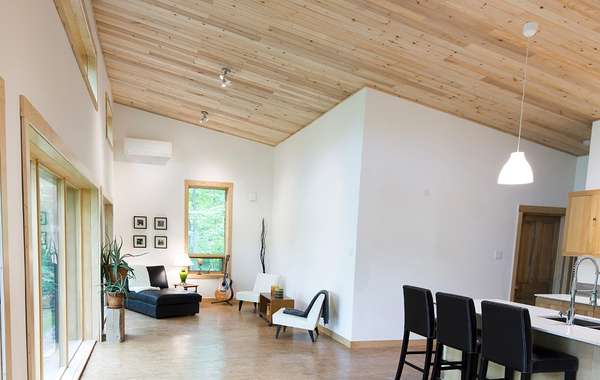
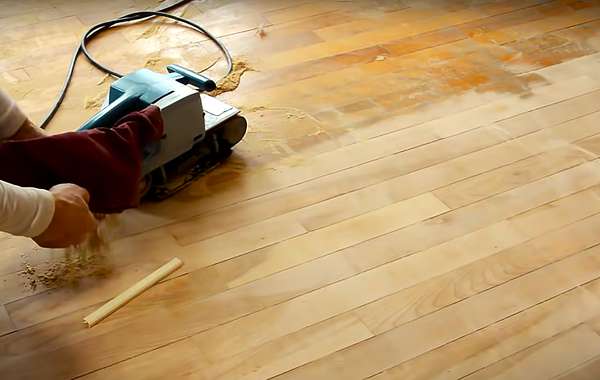
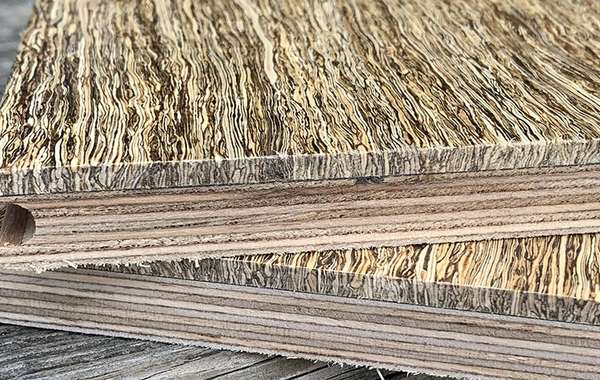

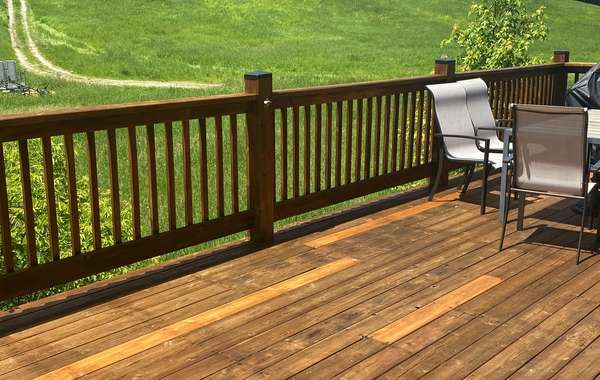
I see from the Rubio Monocoat website that there are now distributors in Victoria, Vancouver, Edmonton & Calgary: http://www.rubiomonocoatusa...
Rubio has been recalled in Canada for labelling (only) issues - Jan 2017. Any other recommendations? Looking for something to use on wood countertops.
Thanks for letting us know. We removed mention of Rubio Monocoat from the page and will look more into it, as well as try to find an alternative which seems to be Rubio Monocoat Oil Plus 2C. Best regards. Here is Health Canada's recall page - http://healthycanadians.gc....
I followed up with exotic woods and they don't sell to individuals but still sell to businesses. We still plan to use this product. I'd like to see your comments back up as I was referring to them to get my floors done.
Hi Charmaine,
What was up there was a reference to the product only, anything else you need to know about surface preparation and application I'm sure you can learn from the distributors or the company website. If there is a national recall on a product I don't want to be promoting it, also there may be more such products on the market now so I want to do a little research to see if there are a selection of brands we can mention. Regards.
I really appreciate the depth of insight in your article! I'm in the process of finishing a small cabin with concrete floors and am trying to find the right balance between durability and a natural look. After reading your post, I'm considering how I can strengthen the concrete floor. Maybe with an epoxy floor? Would a densifier like this be enough for areas with heavier use, or would I need something extra to reinforce the surface?
I also have a section near the woodstove that gets a lot of heat. Would this treatment hold up to the temperature fluctuations, or should I look into a different solution for that specific area? Thanks so much for any guidance you can offer—I’m really excited to move forward with the project!